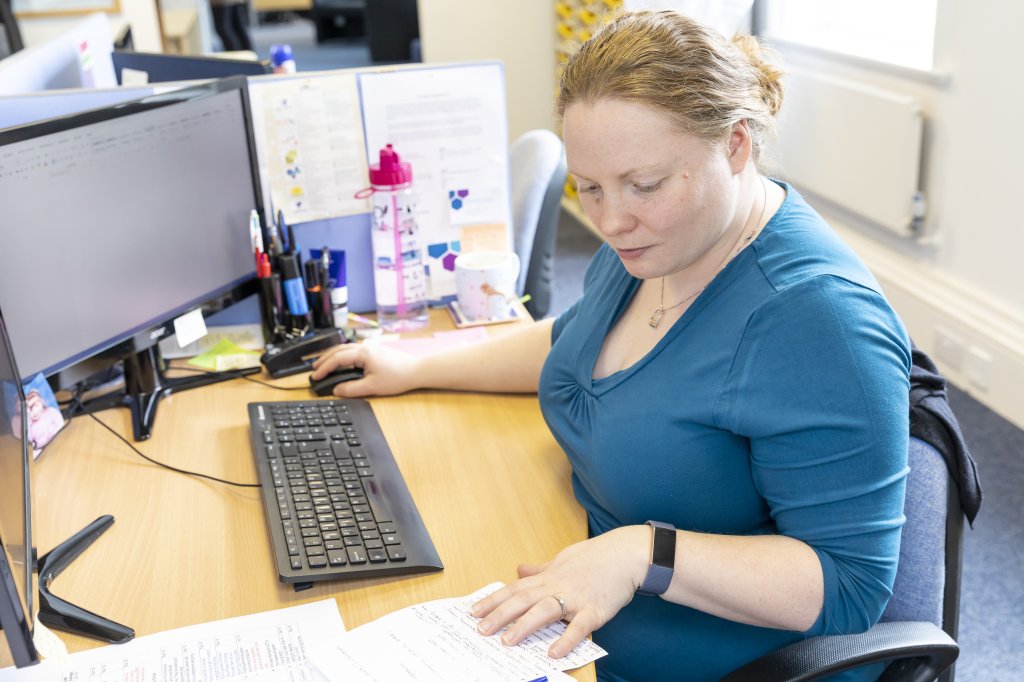Last week, one of our advocacy and support workers, Louise, attended a webinar setup by The Worldwide Hospice Palliative Care Alliance (WHPCA) on coronavirus and people with serious conditions and underlying health issues (with a focus on people with palliative care needs). Louise summarised the most important messages for our members and wanted to share them with anyone unable to attend. The purpose of the webinar was to provide the latest information and experience relating to coronavirus as it affects people with serious conditions and underlying health issues, with a focus on people with palliative care needs. Speakers included Marie-Charlotte Bouesseau from the World Health Organization (WHO), people living with palliative care needs, people with experience of the virus and representatives from national and international palliative care organisations. Key points from WHO
The illness rarely impacts children under the age of 15 years. There is almost no information on the impact on children.
If a vaccination is found, it is not likely to have an impact on this outbreak, but may prevent a future outbreak of the illness.
WHO are delivering new guidance daily. For the health care sector there are guidelines to support children with palliative care conditions.
In terms of Ibuprofen, the current guidance should be followed.
Isolation has been a key success at halting the spread of the disease in some other countries. Isolation has included families not being able to see poorly loved ones in hospital.
Experience of those with palliative conditions and someone who had the illness
Families should be encouraged to think about contingency planning – for example, if the main carer becomes unwell, is there another family member or service who have been self-isolating who can provide care?
An individual with a palliative condition said it was important for her that carers were honest about their health on arrival to the home. Care staff should check their temperature daily and make sure everything is being cleaned more often.
A strong virtual support system is important.
Where people live together and someone has symptoms, have separate bedrooms, as you cannot protect yourself from someone’s cough. Keep towels out of the bathroom and in the bedroom, as it is too easy to forget whose towel is whose.
Encourage anyone with the condition to eat and drink even when they do not feel like eating or drinking.
The full recording of the webinar is available here.



